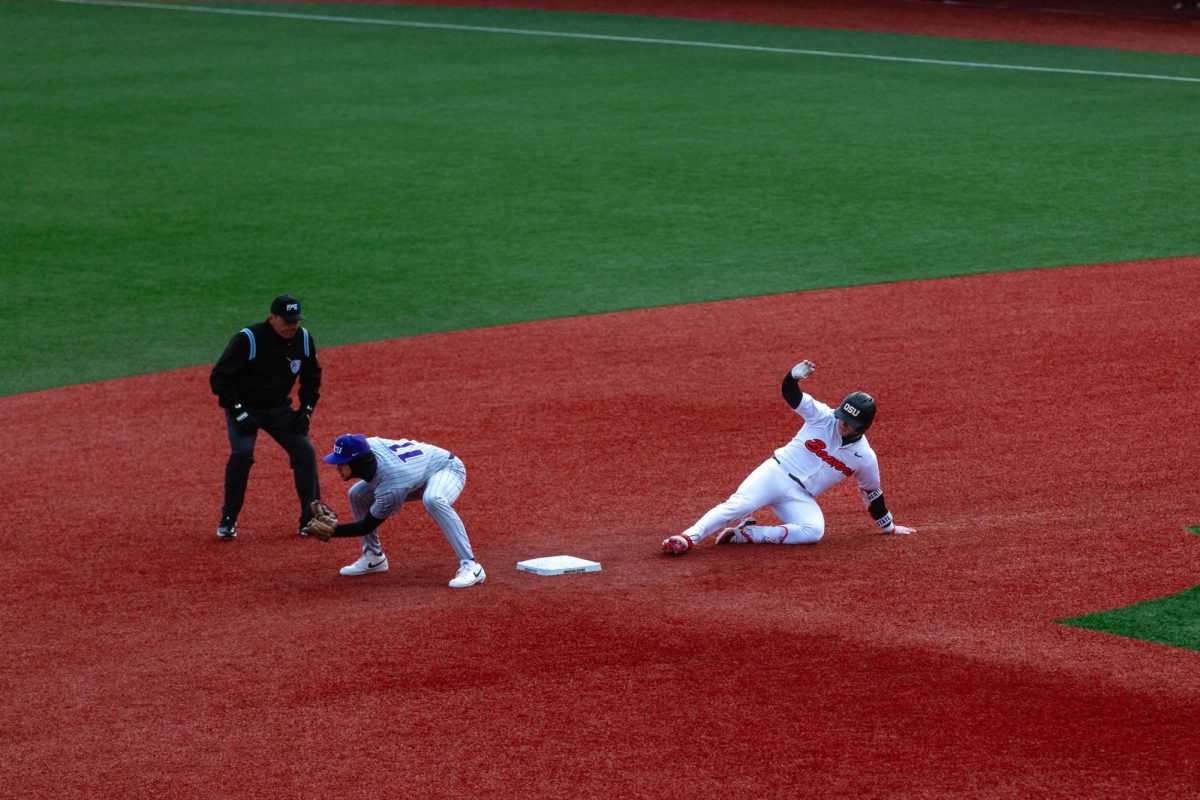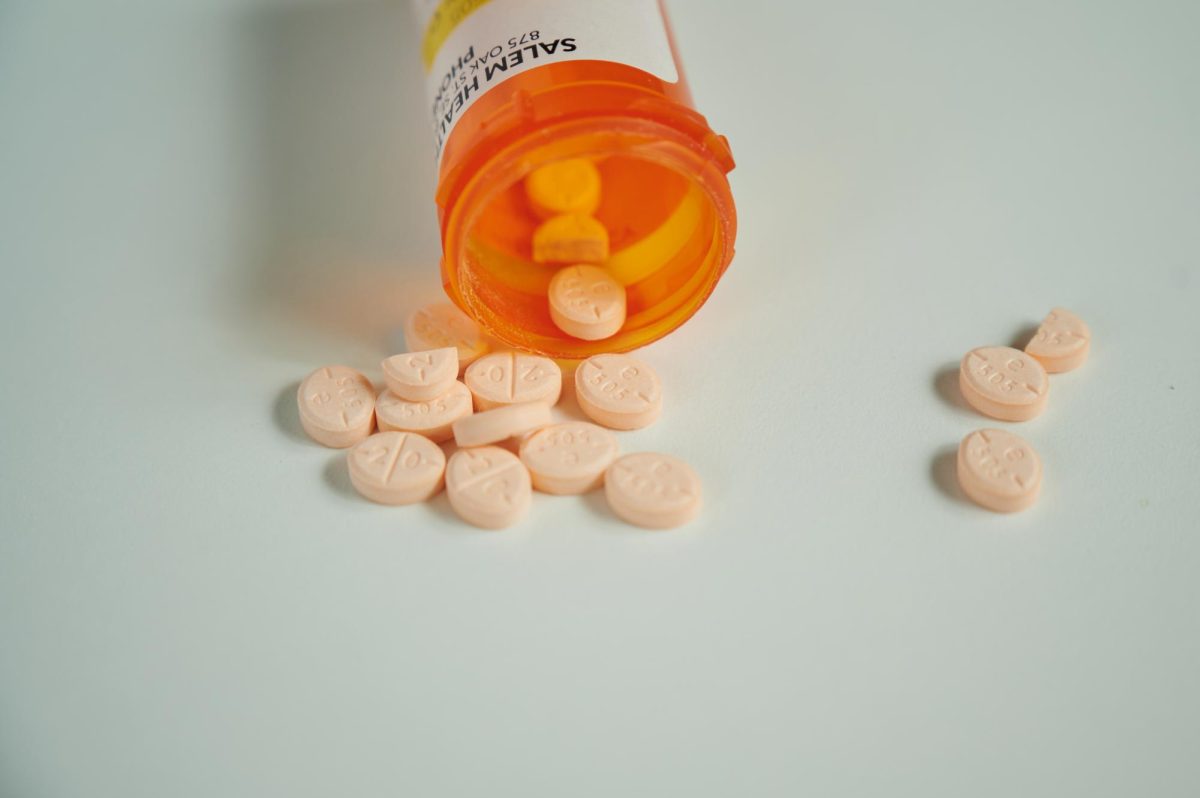With the proposed changes to Measure 110 likely to be signed into law in the near future, OSU students may be interested in what its effects will be for Corvallis residents.
Measure 110 was first passed by voters in November of 2020, with a unique take on tackling drug issues. Proponents of the measure argued that the criminalization of minor drug possession wasn’t actually disincentivizing drug use, only targeting victims of it, according to Unite Oregon. To address this, taxes from marajuana revenue was redistributed into treatment and recovery services, and people found with drugs would be encouraged to utilize these services instead of being arrested.
The stated changes, first revealed on Jan. 10, will come in a package deal. On the one hand, a large budgetary increase will be provided to different drug response systems in Oregon cities. On the other hand, aspects of Measure 110 that made it a unique bill have been gutted, chiefly that minor possession of illegal drugs has been re-criminalized.
Representative Jason Kropf, one of two main legislators behind the proposed changes, illuminated what these changes mean for the typical Oregon resident.
“We’ve increased funding for drug courts, with Benton county being one of them,” Kropf said. “I think the most dramatic thing you’ll see is that it will be a crime again to possess fentanyl, methamphetamine or heroin.”
Developing policies around “public use” have been key in the discussion around amending Measure 110. It isn’t just the fact that hard drugs are being used within Oregon cities, Kropf said, but that the use has been more public since the passing of the bill. Kropf made sure to mention the greater punishments for those selling in public parks or nearby addiction relief centers, for instance.
With that being said, the changes to Measure 110 bring with them a higher level of reprehension for those caught in possession of illegal substances. Law enforcement can now apprehend users, something that was not allowed under the original implementation of 110. After which, users will be encouraged to use drug treatment centers, in order to have penalties avoided. The package also comes with bonus funding for drug treatment and recovery centers.
If the original effort has so far been ineffective, prompting amendments to the bill, how can citizens expect for the new effort to create progress in this area?
“When it comes to making small possession of drugs a crime again, we are tracking that data,” Kropf said. “In my head, we tease a little something out of Corvallis, tease a little something out of Bend, tease a little something out of Portland, then we start figuring out what the best approach is.”


















































































![Newspaper clipping from February 25, 1970 in the Daily Barometer showing an article written by Bob Allen, past Barometer Editor. This article was written to spotlight both the student body’s lack of participation with student government at the time in conjunction with their class representatives response. [It’s important to note ASOSU was not structured identically to today’s standards, likely having a president on behalf of each class work together as one entity as opposed to one president representing all classes.]](https://dailybaro.orangemedianetwork.com/wp-content/uploads/2025/03/Screenshot-2025-03-12-1.00.42-PM-e1741811160853.png)
























